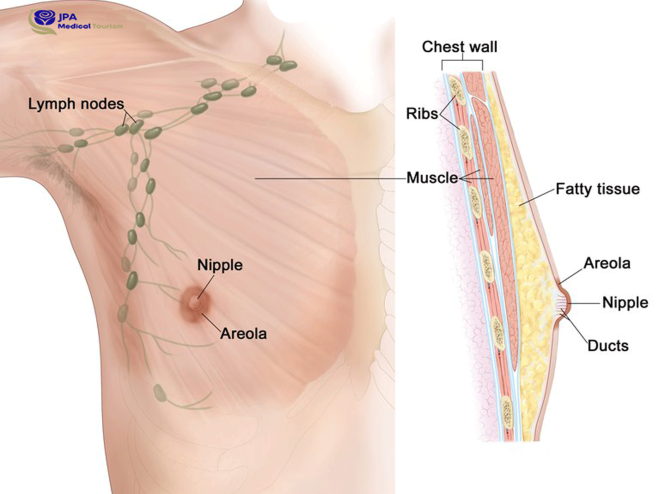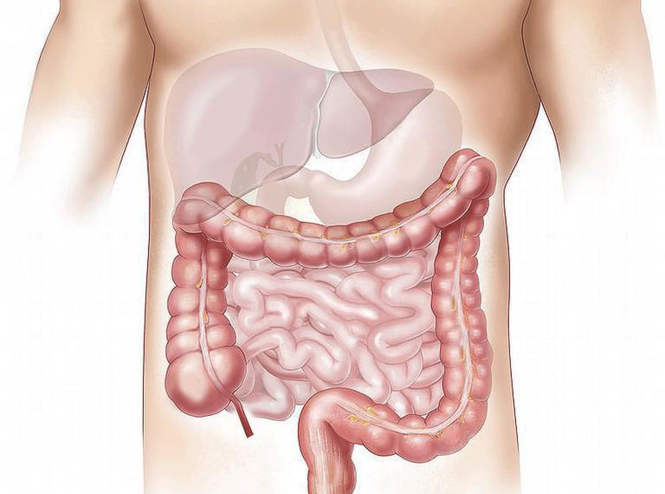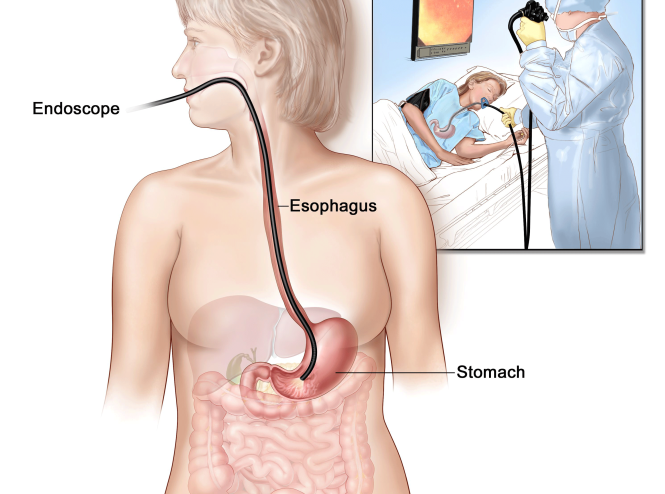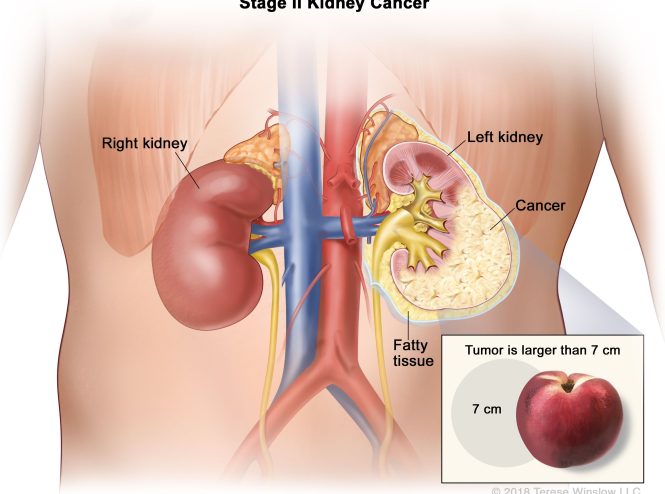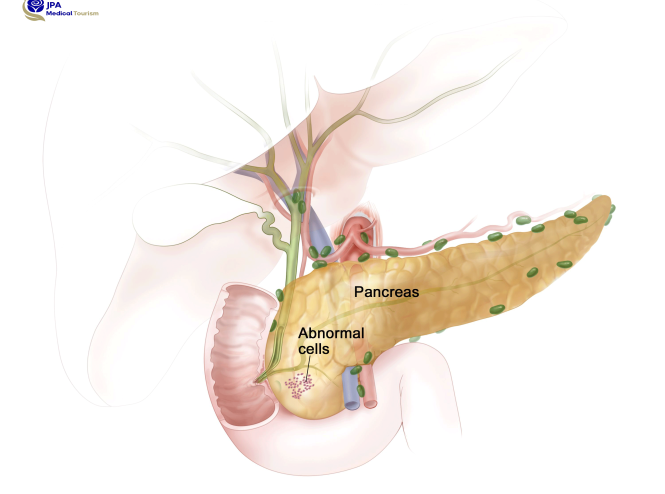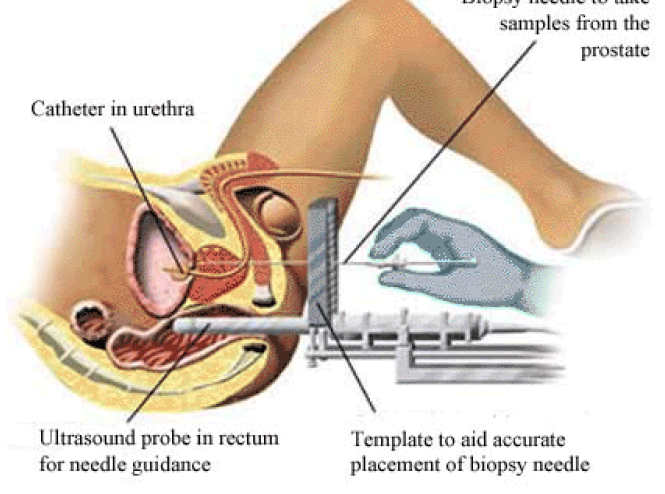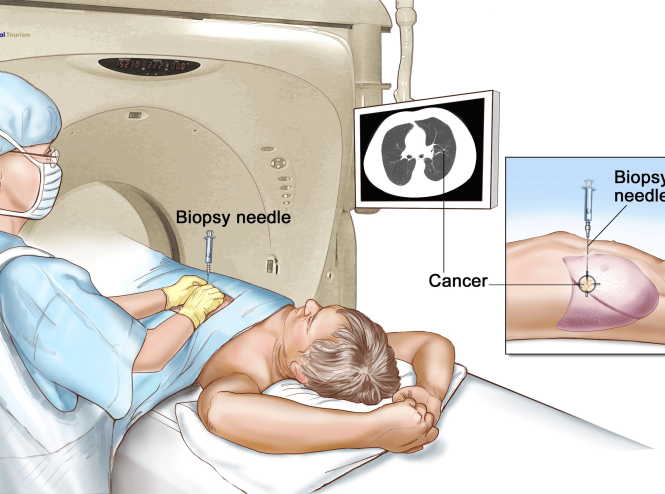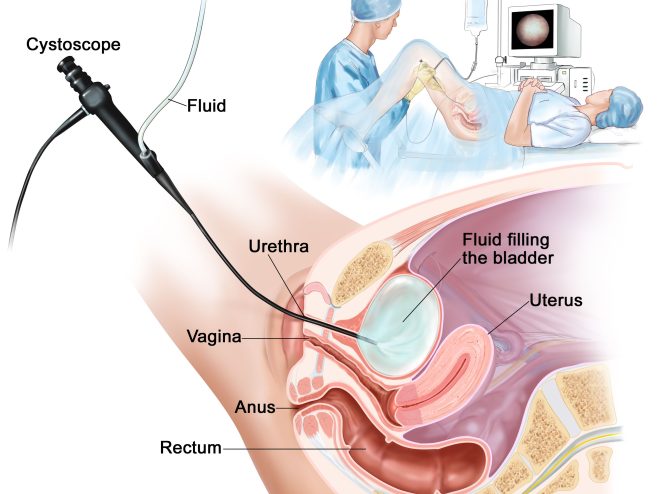Breast Cancer Treatment in Iran
Best Hospital
We Introduce Best Hospital for Cancer Treatments
Best Doctors
We Introduce Best Doctors for Cancer Treatments
Best Price
We Try to introduce best Services with Regular Price
What is breast cancer?

Breast cancer is a type of cancer that starts in the cells of the breast. It occurs when abnormal cells in the breast grow and multiply uncontrollably, forming a tumor. These cancerous cells can invade surrounding tissues and potentially spread to other parts of the body through the lymphatic system or bloodstream. Breast cancer is the most common cancer in women worldwide, but it can also occur in men, albeit less frequently.
There are several types of breast cancer, but the two most common types are:
Ductal Carcinoma In Situ (DCIS): DCIS is a non-invasive breast cancer, meaning it hasn’t spread beyond the milk ducts of the breast. It is considered an early stage of breast cancer and is highly treatable.
Invasive Ductal Carcinoma (IDC): IDC is the most common type of invasive breast cancer. It begins in the milk ducts but then spreads into the surrounding breast tissue. It can potentially metastasize (spread) to other parts of the body.
Breast cancer can manifest with various symptoms, including the presence of a lump or thickening in the breast, changes in breast size or shape, nipple discharge (other than breast milk), nipple changes (such as inversion or retraction), and skin changes on the breast (like redness, dimpling, or scaling).
It’s important to remember that breast cancer is treatable, especially when detected early. Regular check-ups and breast cancer awareness can help in early detection and improve the chances of successful treatment. If you have concerns about breast cancer, it’s crucial to consult with a healthcare professional for proper evaluation and guidance.

Breast cancer treatment in Iran|Best Doctors & Hospitals
Breast cancer is the most common type of cancer, especially in women, and the incidence of this disease is high all over the world. This disease is one of the curable diseases and most of the people suffering from this disease spend the rest of their lives without any problems after taking the necessary measures to treat this disease.
In fact, it can be said that breast cancer is one of the 5 types of cancer that can be treated. We at Aram Broadcasting World help you to get the most effective breast cancer treatment in Iran in the best hospitals, with the best specialists in this field and at the most reasonable price. We make all the arrangements for you. Contact us on WhatsApp for free consultation and to inquire about the price of breast cancer treatment in Iran.
Many advances have been made in the field of cancer diagnosis and treatment as well as breast cancer treatment techniques in Iran.
Iranian oncologists use the most advanced and efficient methods to treat breast cancer in all stages of treatment. Well-equipped hospitals in Iran provide patients with the diagnosis and treatment of all types of cancer, including breast cancer treatment, at a much more affordable cost than in other countries.
Breast cancer treatment in Iran
Surgery (removal of lymph nodes, lumpectomy, mastectomy)
In all types of cancer, surgery is one of the effective and efficient treatment methods to get rid of breast tumors. Considering that after the diagnosis of breast cancer, there are generally 2 types of common treatment methods for breast tissue surgery, the grade and stage of the disease must be determined by conducting several tests and after that the surgeon decides which method to use for treatment. choose, if the amount of surface area occupied by the tumor is enough to solve the problem by removing the tumor along with some healthy tissue, this type of surgery called lumpectomy is used, but sometimes the cancer is so advanced which cannot be removed through a small incision in the breast, so the entire breast must be surgically removed, called a mastectomy. In most mastectomy surgeries, all of the breast tissue—lobules, fatty tissue, ducts, and some skin, including the nipple and areola—is removed, but new techniques allow mastectomy without removing the nipple and areola. skin-sparing mastectomy and nipple-sparing mastectomy).
For lumpectomy surgery, if the tumor is large, it can be shrunk by chemotherapy and then this operation is performed, because if the tumor is large, it cannot be operated by making a relatively small incision, and it may be damage the surrounding tissues.
The important point for mastectomy type surgery is that for some patients, due to the existence of previous family history and genetic predisposition, they are at high risk of developing cancer in the other breast, so it is suggested that both breasts be mastectomized.
In some types of breast cancer, a patient with breast cancer needs to have one or more lymph nodes removed if the cancer has already spread to the nodes or there is a high possibility that this will happen in the future.

Chemotherapy for Breast Cancer in Iran

The first and most effective way to treat cancer is surgery. Like other types of cancer, breast cancer can be treated with chemotherapy. Chemotherapy is one of the most common and effective cancer treatments in Iran. Chemotherapy may be effective for all types of cancer, including breast cancer. If there is a risk of recurrence or spread of tumor and metastasis, chemotherapy should be done after surgery. Often, for the treatment of breast cancer, depending on the stage of diagnosis and treatment, the amount and number of chemotherapy sessions are different, but in routine, most cases of breast cancer are shown to the affected person very late, and the patient when He was in the high grade of the disease, he goes to the doctor, so he has to undergo several sessions of chemotherapy after the surgery. Chemotherapy is sometimes given before surgery in patients with large breast tumors to shrink the tumor enough to make it easier to remove with a lumpectomy. In patients whose cancer has already spread to other parts of the body, chemotherapy can be used to reduce the symptoms the cancer is causing.
There are other types of breast cancer treatments such as hormone therapy, radiotherapy and targeted therapy, each of which has its own advantages and disadvantages. If you are suffering from breast cancer and you intend to have an effective treatment at an affordable price, contact and call the team of Jahan Farah Aram for free consultation and free price of mastectomy in Iran or other types of breast cancer treatment. Our medical consultants will contact you as soon as possible to provide you with all the information you need.
Aram World Health Tourism Team, in addition to free services such as accommodation, translator from the moment of arrival in Iran, health insurance, 24-hour support, etc., has specialized and sub-specialized inpatient departments, special departments, clinics, departments Paraclinics and clinics are well equipped to provide quality and special services for respected patients.
Specialized and subspecialized departments of the center: operating room, orthopedic surgery, general surgery, rheumatology, internal neurology, endocrinology, digestion, blood and hematology, bone marrow transplantation, gynecology and obstetrics, neonates, infertility, neurosurgery, cardiology, surgery Cardiology, nephrology, urology, kidney transplant, maxillofacial surgery, diabetic foot department, lip kit, emergency and hope departments.
Special departments of ICU: Emergency – General ICU – Neurosurgery ICU – Internal ICU – Open heart surgery ICU – NICU – CCU – Lab kit.
Active operating rooms: urology and cystoscopy operating room, orthopedic operating room, general operating room, neurosurgery operating room, maxillofacial surgery operating room, vascular surgery operating room, open heart surgery operating room, lung and thoracic surgery operating room.



Why choose Iran for treatment and medical procedures?
• Low costs
• Board licensed surgeons
• Quality health care
• Less waiting time
• Accredited hospital
• Personal service
• Language capability
• Ease of medical visa
• Treatment with advanced technology
• Strong presence in advanced healthcare e.g. Transplantation - high success rate in the operation.
Active clinics for international patients:
Shahid Dastani Clinic, Hematology, Oncology and Stem Cell Transplant Clinic, Nuclear Medicine Clinic and Special Clinic.
Clinics: urology, nephrology, lung, general surgery, endocrinology, gastroenterology, gynecology, midwifery, perinatal, infertility, maxillofacial surgery, genetics, dermatology, orthopedics, neurosurgery, heart, heart surgery, vascular surgery, neurology, rheumatology, ear and Otorhinolaryngology, dentistry, infectious, speech therapy, pain, nutrition and diet therapy, anesthesia, celiac disease, liver cirrhosis, Behcet, eye, psychiatry, men’s health
Paraclinical departments: clinical laboratory, pathology, imaging and pharmacy
Clinics: EMG-EEG, bronchoscopy, spirometry, bone densitometry, nuclear medicine, dialysis, physiotherapy, endoscopy, echocardiography, exercise test, pain control, rehabilitation and sports medicine.
Cancer is an increasingly life-threatening disease. Since cancer treatment is one of the most expensive medical treatments, patients often prefer to seek more affordable treatments abroad. At Jahan Pakhsh Aram Health Tourism, we are here to help you get cancer treatment in Iran at the most affordable price.
Cancer Treatment in Iran
The most common cancer treatment in Iran is chemotherapy, but ...
Colon Cancer Treatment in Iran
The treatments for colorectal cancer usually involve surgery to remove the cancerous tumor
Stomach Cancer Treatment in Iran
The most common types of stomach cancer treatment are surgery ,chemotherapy...
Kidney Cancer Treatment in Iran
Kidney cancer is usually treated with surgery, targeted therapy, immunotherapy ...
Pancreatic Cancer Treatment in Iran
Pancreatic cancer treatments are surgery, chemotherapy, or a combination of them
prostate surgery in Iran
The most effective cancer treatments are surgery and localized treatments
Lung Cancer Treatment in Iran
Lung cancer can be treated with surgery, chemotherapy, radiation therapy, targeted therapy ...
Bladder Cancer Treatment in Iran
Bladder cancer is usually treated using surgery, Chemotherapy, radiation, or immunotherapy.
Considering that the patient should be examined first and the necessary tests should be done to determine the grading and staging of his disease, and based on that, it is decided what measures should be taken for treatment and surgery.
If the patient is in a high grade of the disease, or has metastasized and involved other organs of the body, or if there is an infected person in the close people and relatives of the patient, it means that the patient has a genetic and family tendency to advance and relapse. In this case, two breasts are often operated.
While no one chooses cancer, the power to make treatment decisions is in your hands. Be sure to do monthly self-exams to check for anything unusual in order to follow up after breast cancer treatment.
Be prepared for physical changes that may occur during cancer treatments. The doctor can tell you good information about side effects of drugs and treatment. If your appearance bothers you, you may want to buy a wig or use creams if your skin tone is pale. This issue will be resolved soon and after chemotherapy, you will no longer need to cut your hair and your hair will start to grow back normally.
Contact us for more information on diagnosis, treatment and free consultation for breast cancer
You should pay great attention to your nutrition and strengthen yourself so that you are safe from lethargy and weakness after chemotherapy and do not get injured, because your chemotherapy sessions may become a little annoying for you, when you feel weak and You are weak, in addition to nutritional and physical issues, you should also strengthen yourself mentally so that you and those around you will receive the least damage from this disease and be able to get through this period in the best possible way.
Why node gasht aram in iran?
- Low cost
- Board Certified Surgeons
- Quality Health Care
- Less Waiting Time
- Accredited Hospital
- Personalized Services
- Language Capability
- Ease of Medical Visa Facilitation
- Advance Technology Treatment
- Strong presence in advanced healthcare e.g. Organ Transplant – High success rate in operations.
Signs and symptoms of breast cancer:
If you want to know your disease very early, there are several prognostic ways to know what symptoms to look for. A new lump in the breast or armpit (armpit).
Thickening or swelling of part of the breast.
Irritation or pitting of the breast skin.
Redness or scaling of the skin in the nipple or breast area.
Nipple pulling or pain in the nipple area.
Nipple discharge other than breast milk, including blood.
Any change in breast size or shape.
Pain in any part of the chest
See a doctor if you see any of these symptoms.
Exercising, having proper nutrition, and not using ready-made and fast food will help you to avoid getting sick or, if you do get sick, to speed up your recovery process.

WHAT ARE THE CAUSES OF BREAST CANCER?
The exact causes of breast cancer are not fully understood, but it is believed to be the result of a combination of genetic, hormonal, environmental, and lifestyle factors. Here are some factors that may contribute to the development of breast cancer:
Genetic Factors: A family history of breast cancer can increase the risk, especially if close relatives (such as a mother, sister, or daughter) have been diagnosed with the disease. Certain genetic mutations, such as BRCA1 and BRCA2, are known to significantly increase the risk of breast cancer.
Gender: Although breast cancer can occur in men, it is much more common in women. Women have breast tissue, and hormonal changes related to the menstrual cycle, pregnancy, and menopause can influence breast cancer risk.
Age: The risk of breast cancer increases with age. Most breast cancers are diagnosed in women over the age of 50.
Hormonal Factors: Hormones play a significant role in breast cancer. Women who have early menstruation (before age 12) or late menopause (after age 55), as well as those who have never had children or had their first child at an older age, may have a higher risk.
Hormone Replacement Therapy (HRT): Long-term use of hormone replacement therapy, especially with a combination of estrogen and progestin, has been associated with an increased risk of breast cancer.
Personal History: If you have previously had breast cancer in one breast, you are at an increased risk of developing cancer in the other breast or a recurrence.
Radiation Exposure: Prior radiation therapy to the chest area, such as for the treatment of Hodgkin lymphoma, can increase the risk of breast cancer.
Obesity: Being overweight or obese, particularly after menopause, is associated with a higher risk of breast cancer.
Alcohol Consumption: Excessive alcohol consumption is linked to an increased risk of breast cancer.
Diet and Lifestyle: A diet high in saturated fats, lack of physical activity, and smoking have been suggested as potential risk factors.
Environmental Factors: Exposure to certain environmental toxins and chemicals may also contribute to an increased risk of breast cancer, although the specific agents are not always well-defined.
Prevention and fight against cancer

If you exercise regularly, you can reduce your chances of getting breast cancer.
Not using cigarettes, tobacco and all types of alcohol can increase the incidence and speed of progress of all types of cancers. Of course, smoking and hookah are more effective in lung cancer.
If you are going to be screened for cancer, don’t be alarmed if you feel pain because it only takes a few minutes. The results can be early cancer and save your life and breast, so don’t let fear and feeling less pain stop you from getting screened.
Aram World Health Tourism Team, in addition to free services such as accommodation, translator from the moment of arrival in Iran, health insurance, 24-hour support, etc., has specialized and sub-specialized inpatient departments, special departments, clinics, departments Paraclinics and clinics are well equipped to provide quality and special services for respected patients.
Specialized and subspecialized departments of the center: operating room, orthopedic surgery, general surgery, rheumatology, internal neurology, endocrinology, digestion, blood and hematology, bone marrow transplantation, gynecology and obstetrics, neonates, infertility, neurosurgery, cardiology, surgery Cardiology, nephrology, urology, kidney transplant, maxillofacial surgery, diabetic foot department, lip kit, emergency and hope departments.
Special departments of ICU: Emergency – General ICU – Neurosurgery ICU – Internal ICU – Open heart surgery ICU – NICU – CCU – Lab kit.
Active operating rooms: urology and cystoscopy operating room, orthopedic operating room, general operating room, neurosurgery operating room, maxillofacial surgery operating room, vascular surgery operating room, open heart surgery operating room, lung and thoracic surgery operating room .
Help your loved ones suffering from cancer find a network of supportive people to share their experiences with. The Internet has a lot of information about support groups near you, and you may also be able to find someone who is willing to talk to your loved one in person. This will help him by giving him a way to share his feelings.
Prostate examination can help prevent cancer in men. They should see their doctor once a year for a prostate exam. Prostate cancer often has no external symptoms in the early stages and is very difficult to diagnose.
Controlling your weight is a healthy level that really helps prevent cancer. If you are struggling with your weight, develop a BMI reduction plan with your doctor. If you are at a healthy weight, you should try to maintain a healthy weight with proper nutrition and regular exercise.
Be extra careful not to pick up other infections while you are undergoing your cancer treatments.
Conclusions about breast cancer
Breast cancer is a complex disease with multiple factors contributing to its development. Here are some key conclusions and takeaways about breast cancer:
Multifactorial Nature: Breast cancer is not caused by a single factor; instead, it results from a combination of genetic, hormonal, environmental, and lifestyle factors.
Risk Factors: Some factors, such as family history, genetic mutations (like BRCA1 and BRCA2), gender, age, and hormonal influences, can increase the risk of developing breast cancer.
Gender Disparity: While breast cancer can affect both men and women, it is much more common in women due to the presence of breast tissue and hormonal variations.
Age-Related Risk: The risk of breast cancer increases with age, with most cases occurring in women over 50.
Early Detection is Key: Detecting breast cancer at an early stage through regular screenings like mammograms, clinical breast exams, and self-exams can significantly improve treatment outcomes.
Treatment Options: Treatment for breast cancer varies based on factors like tumor type, stage, and individual patient characteristics. Common treatments include surgery, chemotherapy, radiation therapy, hormone therapy, and targeted therapy.
Preventive Measures: Lifestyle choices such as maintaining a healthy weight, limiting alcohol consumption, regular physical activity, and avoiding long-term hormone replacement therapy can help reduce the risk of breast cancer.
Genetic Testing: Individuals with a strong family history of breast cancer or known genetic mutations may consider genetic testing and counseling to assess their risk.
Awareness and Education: Breast cancer awareness campaigns and public education efforts are crucial for early detection, improved treatment outcomes, and support for those affected by the disease.
Support and Resources: A breast cancer diagnosis can be emotionally and physically challenging. Support groups, healthcare professionals, and cancer centers offer valuable resources and assistance to patients and their families.
Remember that breast cancer is highly treatable, especially when detected early. If you have concerns about breast cancer or any symptoms, consult with a healthcare professional for personalized guidance, risk assessment, and appropriate screening recommendations. Regular check-ups and self-awareness are essential for maintaining breast health and well-being.
Frequently Asked Questions
Breast cancer doesn’t always come in the form of a lump. …
Having a male relative who’s had breast cancer increases your chances. …
Maintaining a healthy weight can reduce your breast cancer risk. …
You don’t need to learn how to do a self-exam.
It’s common to feel stressed and anxious after a diagnosis of breast cancer. Some people experience anxiety for the first time. Others may have had anxiety in the past, and their cancer diagnosis can make their anxiety worse. There are many ways to reduce stress and anxiety.
The main factors that influence your risk include being a woman and getting older. Most breast cancers are found in women who are 50 years old or older.
Breast cancer mainly occurs in middle-aged and older women. The median age at the time of breast cancer diagnosis is 62. This means half of the women who developed breast cancer are 62 years of age or younger when they are diagnosed. A very small number of women diagnosed with breast cancer are younger than 45.
Yes, the women exposed to stress are at a higher risk of developing breast cancer than the non-exposed.
Loneliness: A sense of isolation is common after cancer. You might feel like others can’t truly understand. Friends may have retreated. You might find emotional support in counseling, a support group or faith community.
The physical changes that can accompany breast cancer treatment include changes to your body shape, hair loss, early menopause and loss of fertility. Cancer can affect you — and those close to you — emotionally. Connecting with support services can help you to deal with these challenges.
Most women with breast cancer in stages I, II, or III are treated with surgery, often followed by radiation therapy. Many women also get some kind of systemic drug therapy (medicine that travels to almost all areas of the body). In general, the more the breast cancer has spread, the more treatment you will likely need.
Breast cancer is primarily treated with surgery and often combined with chemotherapy, radiation therapy or both. It may also include other treatment options like targeted therapy, proton therapy and angiogenesis inhibitors.
Some factors associated with an increase in breast cancer risk — being a woman, your age, and your genetics, for example — can’t be changed. Other factors — lack of exercise, smoking cigarettes, and eating certain foods — can be altered by making lifestyle choices.



